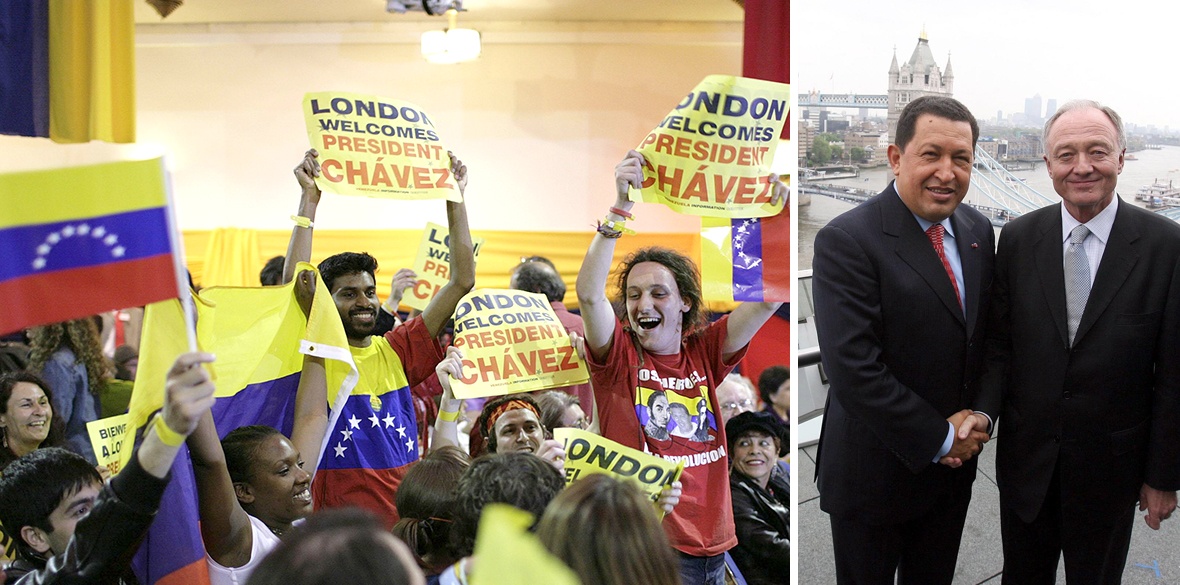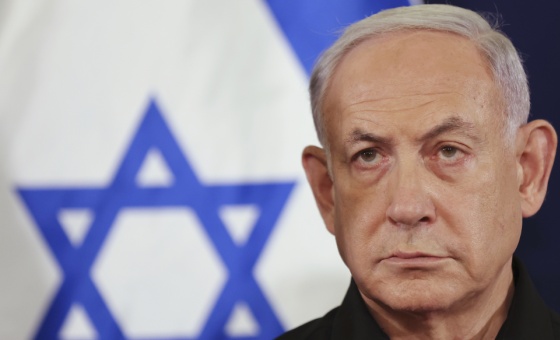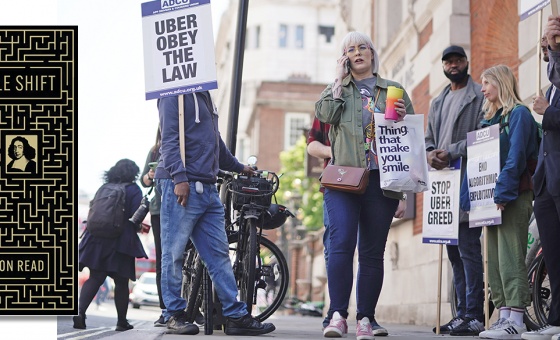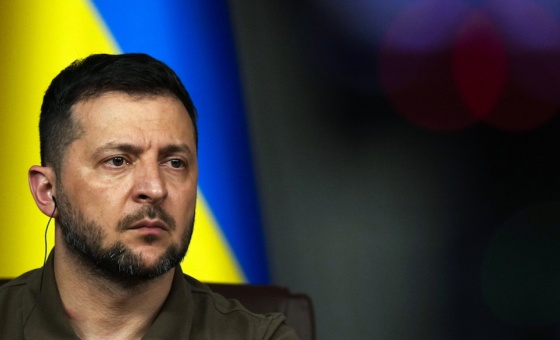This is the last article you can read this month
You can read more article this month
You can read more articles this month
Sorry your limit is up for this month
Reset on:
Please help support the Morning Star by subscribing here
ONE of the things I will always remember from my time as mayor of London was the close political relationship we managed to build with Hugo Chavez, the then president of Venezuela, who so tragically passed away 10 years ago last Sunday in March 2013.
Many Morning Star readers will no doubt remember when in 2006 Chavez visited London. During his visit he addressed the TUC, a packed meeting of MPs in Parliament and a huge public rally, where he gave an extensive outline of his views on how to create a better world.
Revisiting this speech recently, I was struck by how relevant so much of what he said then still was today, and how he was ahead of much of the European and British left in terms of looking at the big issues of the day.
The key theme of his contribution was that “what we are going to do is change the direction the world is going in.”
For the Venezuelan leader, this meant ending the “model which rules the world, [namely] destructive capitalism,” which with reference to climate change, he noted, was a “real threat, even to the survival of the human race.”
His understanding of the need for a new model internationally was based on how Venezuela — and other countries — had suffered under neoliberalism, but also rose up against it.
Explaining why Venezuela was the spark of what became known as the “pink tide” across the region, he argued that “Venezuela, for various reasons … is the first place the volcano exploded,” but while it had “fallen to us to be a kind of vanguard” the whole of Latin America and the Caribbean was then moving, in contrast to “the year 2000 [when] there was a whole chorus singing in unison the neoliberal song.”
Just as with Thatcher here — and her heirs who remain in power today — the neoliberal elites were motivated by “the idea of a free market that would sort out everything [but] this invisible hand in fact destroys everything.”
What was so remarkable about Chavez’s project, and those which followed in other countries such as Bolivia, was that it was based not only on rejecting US domination and neoliberalism, but bringing together movements and governments across the region to construct alternatives — and this legacy can again be seen very much in the new wave of progressive changes taking place in Latin America today.
The aim, he argued — as it must again be at this time of great global economic, health and environmental crises — must be a different order that puts people and planet first, with “an economy that serves everybody through an equal distribution of national income [and] not just concentrated in a few hands.”
By the time he came to London in 2006, Chavez was also clear that he was for socialist change, which he called socialism of the 21st century.
Seeking to learn the lessons of history, he argued in London that “first and foremost” socialism “has to be about humanism” and that participatory democracy was a key element of this, arguing that “political socialism” meant that we need “to talk about a democracy in which we are all participants,” neatly summed up as “power to the people and for the people.”
For this democracy to be a reality, it would mean free education for all and an end to the scourge of illiteracy, with Chavez noting at the time that “last year Unesco officially said that we are free of illiteracy” and that Venezuela was “a huge school, about 70 per cent of the population are studying!”
It would also mean building decent housing and free healthcare, and he spoke with great pride when reflecting that “for the first time in our history, we have a national public health system.”
Perhaps his most important message was a simple but powerful one, when he said: “We are showing that things can be done [and] things can change.”
He added that “this scares those who have tried to convince everyone that there was only one way to do things — neoliberalism.”
This remains the case today. But if we don’t challenge neoliberalism, don’t make real change and don’t put people and planet before private profit then the very future of humanity is at stake.
As we mark 10 years since Hugo Chavez’s passing, as well as stepping up our solidarity with progressive movements in Latin America today, let’s also redouble our efforts to both resist and change the failed and destructive capitalism that he so eloquently exposed in that memorable speech in London all those years ago.
• You can follow Ken at www.twitter.com/Ken4London and www.facebook.com/KenLivingstoneOfficial.
• You can join the Venezuela Solidarity Campaign at www.venezuelasolidarity.co.uk/join.











